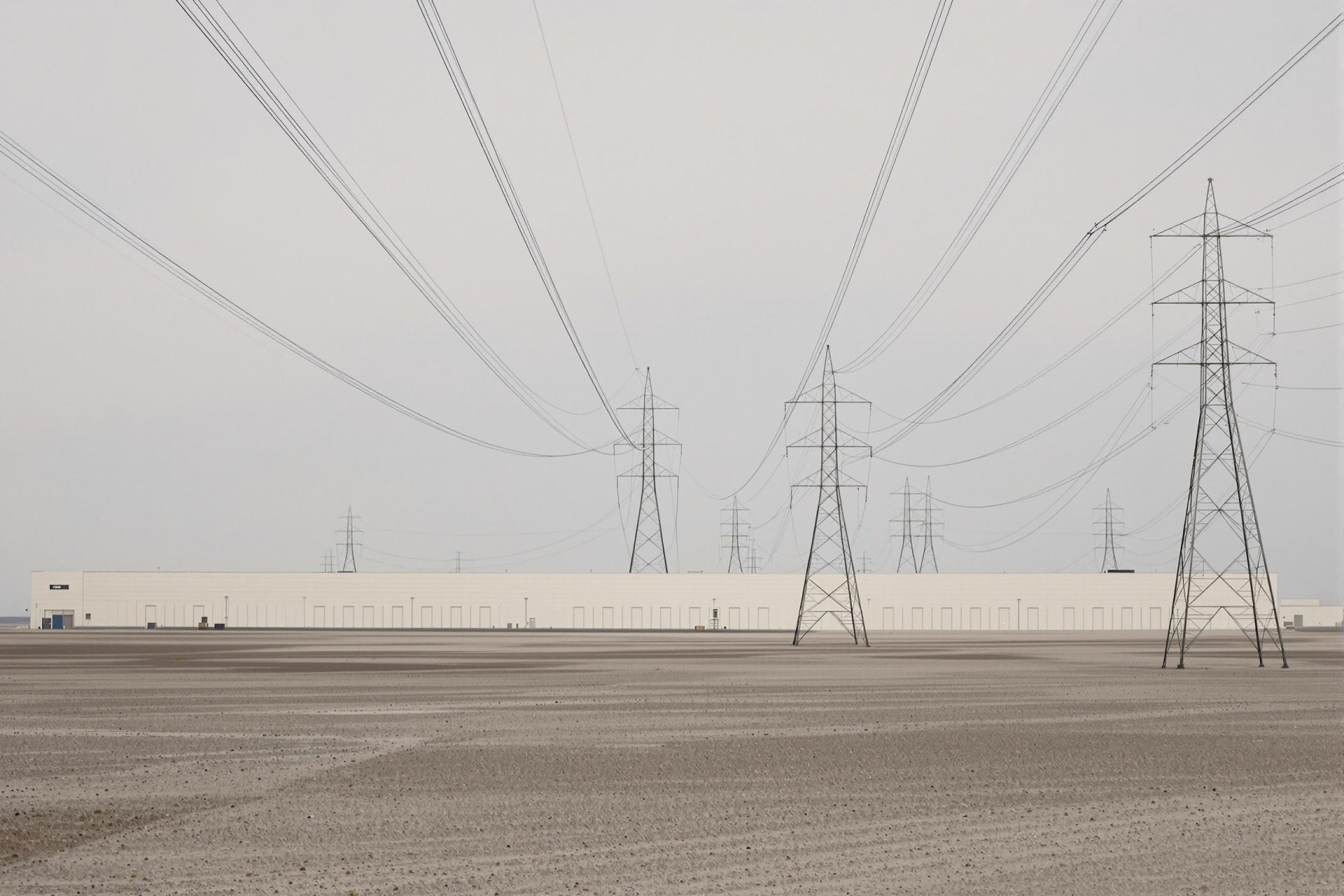Key Takeaways
- States are actively competing to attract new data centers with substantial financial incentives.
- The boom is driven by the immense computing power required for artificial intelligence and cloud services.
- Growing concerns exist over the significant consumption of electricity, water, and land by these large facilities.
- Lawmakers and local communities are weighing the economic benefits against the environmental and resource impact.
- Some regions are now advocating for data centers to cover their own infrastructure costs and adhere to efficiency standards.
The race is on for states to land the next big data center, fueled by America’s rapidly increasing demand for artificial intelligence and cloud computing platforms.
This surge, significantly boosted since OpenAI’s ChatGPT debuted in late 2022, has prompted many states to offer financial incentives often valued in the tens of millions of dollars.
It’s a period of intense activity, with a fast-paced buildout of these energy-hungry facilities and a continuous search for suitable new sites.
Tech companies and data center developers primarily seek large areas of land, considerable tax breaks, and massive amounts of electricity and water.
The scale of these needs is exploding, with large “hyperscaler” data centers now requiring hundreds of megawatts of power and occupying hundreds of acres.
While supporters highlight the construction jobs and local tax revenue, critics argue that data centers create relatively few long-term jobs and place a heavy burden on local resources, according to Yahoo Finance.
In Pennsylvania, lawmakers are drafting legislation to fast-track permits, believing the state is missing out on billions in investment. State Rep. Eric Nelson noted, “Pennsylvania has companies that are interested, we have a labor force that is capable and we have a lot of water and natural gas.”
Several states have recently enhanced their incentive packages. Kansas approved a new sales tax exemption for building and equipping data centers, while Kentucky and Arkansas expanded existing exemptions.
Michigan approved incentives with conditions, including using municipal utility water, sourcing clean energy, meeting efficiency standards, and ensuring data centers pay for their own electricity.
Tax exemptions are now so widespread—offered by about three dozen states—that they are considered essential for a state to be competitive for large projects. Andy Cvengros of JLL stated, “It’s often a nonstarter if you don’t have them, for at least the hyperscalers.”
Some states are innovating to attract these facilities. West Virginia plans “microgrid” districts, free from some local regulations, where data centers can secure power from standalone plants. Utah and Oklahoma have eased rules for developers to procure their own power, while Mississippi offered substantial incentives to attract Amazon data centers.
South Carolina recently passed legislation to speed up power plant construction to meet demand, including from a massive Facebook facility. However, this move faced opposition from some lawmakers concerned about resource use and the cost to regular ratepayers.
Senate Majority Leader Shane Massey expressed concerns: “I do not like that we’re making customers pay for two power plants when they only need one.” State Sen. Russell Ott suggested data centers meet a societal demand for electricity for which everyone is responsible.
In regions with a high concentration of data centers, pushback is growing. Oregon lawmakers are considering legislation to ensure data centers cover the costs of power infrastructure they necessitate, and similar discussions are happening in Georgia.
In Virginia, the most developed data center zone in the U.S., Governor Glenn Youngkin vetoed a bill that would have mandated more disclosures from developers about noise pollution and water usage.
Texas, which experienced a severe winter blackout in 2021, is carefully considering how to protect its electric grid from the fast-growing demand from data centers. Proposed legislation to speed up direct connections also includes provisions that worry some business groups, potentially giving utility regulators new oversight and the power to order large users to switch to backup generators during emergencies.
Walt Baum, CEO of Powering Texans, warned that these provisions might make developers hesitant, noting fewer new project announcements in Texas compared to other states recently. He suggested that developers are “in a waiting pattern,” potentially leading to lost opportunities for the state.



